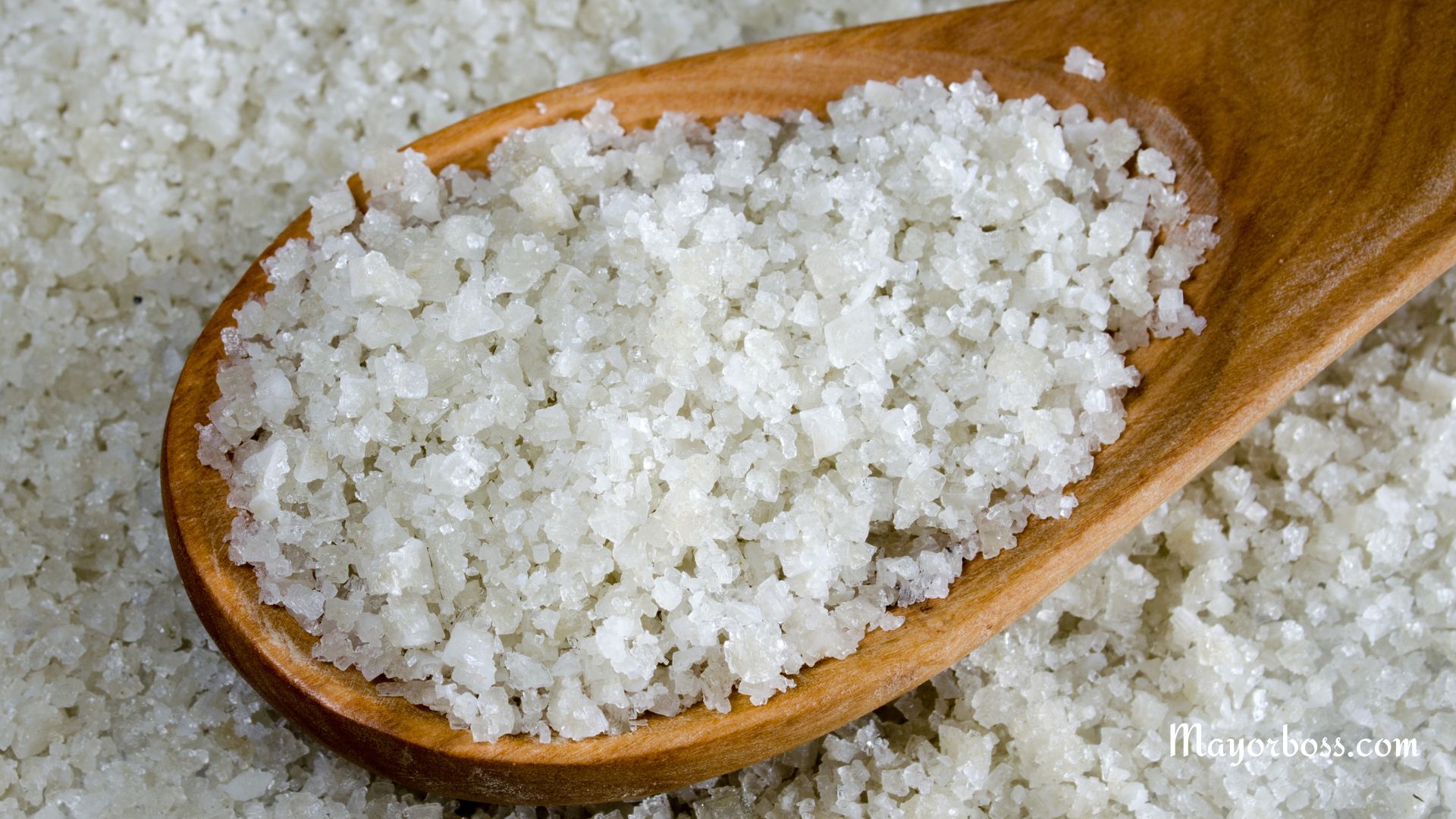Celtic Salt for High Blood Pressure: Benefits, Usage, & Recommendations
Have you ever wondered if something as simple as the type of salt you use could influence your blood pressure? With an increasing number of people looking for natural alternatives to managing health conditions, Celtic sea salt has emerged as a topic of interest, especially in discussions around high blood pressure. But what exactly is Celtic sea salt, and how does it relate to blood pressure management? Let’s dive in.

What is Celtic Sea Salt?
Celtic sea salt, harvested from the pristine coastal regions of France, is known for its moist, grey appearance. This unique salt, packed with a variety of minerals, is different from regular table salt in both its composition and its extraction process. The traditional methods of harvesting preserve its rich mineral content, which includes magnesium, potassium, and calcium, among others.
How Does Salt Influence Blood Pressure?
Now, why is salt so crucial in the conversation about blood pressure? Salt, or sodium chloride, plays a key role in regulating the balance of fluids in your body. Too much sodium can cause the body to retain water, leading to an increase in blood pressure. Therefore, for individuals with hypertension, managing salt intake is often recommended.
Potential Benefits of Celtic Salt for High Blood Pressure
Rich in Minerals
One of the key aspects that make Celtic salt intriguing for blood pressure management is its mineral content. Unlike regular table salt, which is primarily sodium chloride, Celtic salt contains a spectrum of minerals, including potassium, magnesium, and calcium. Magnesium, for instance, plays a role in relaxing blood vessels, while potassium is essential for maintaining a healthy balance of fluids in the body.
Lower Sodium Levels?
You might wonder, does Celtic salt have lower sodium levels than regular salt? Interestingly, the sodium content is quite similar. However, the presence of other minerals in Celtic salt means that you’re not just consuming sodium alone. This balanced mineral content can potentially have a different impact on your body compared to pure sodium chloride.
Hydration and Electrolyte Balance
Celtic salt’s trace minerals can contribute to better hydration and electrolyte balance in the body. Proper hydration is 100% essential for maintaining healthy blood pressure levels.
Celtic Salt Usage and Recommendations
Use in Moderation
Even though Celtic salt might have potential benefits, it’s crucial to use it in moderation. Remember, it’s still primarily sodium chloride and excessive salt intake is a known risk factor for high blood pressure.
Culinary Uses
Celtic salt can be used in cooking just like regular salt. Its unique flavor can enhance the taste of your dishes. It’s particularly popular in gourmet cooking.
Consult with a Healthcare Professional
If you have high blood pressure, it’s important to consult with your doctor before making any significant changes to your diet, including switching to Celtic salt.
Final thoughts
Celtic salt, with its unique mineral composition and lower sodium content per volume, may offer some advantages over table salt for those with high blood pressure. However, moderation remains crucial, and professional medical advice is essential.
Frequently Asked Questions
Can Celtic Salt Lower Blood Pressure?
Celtic salt may contribute to better blood pressure management due to its mineral content and lower sodium concentration. However, it’s not a cure for high blood pressure and should be used as part of a broader approach to health.
Is Celtic Salt Safe for Everyone with High Blood Pressure?
While Celtic salt might be a better alternative to table salt for some, it’s not suitable for everyone. Individuals with high blood pressure should always consult with their healthcare provider before using Celtic salt.
